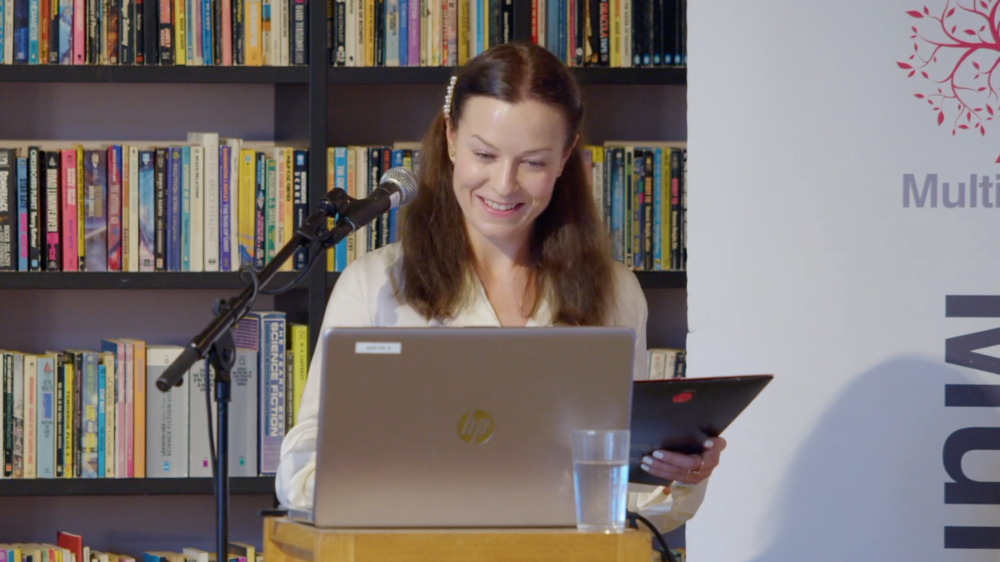Zoom
Click here to join the session digitally.
Abstract
Metaphors are a vital tool for effective communication in healthcare (Casarett et al. 2010; Landau et al. 2018). Certain areas of medicine, such as psychiatry or oncology have developed its own metaphorical apparatus used regularly in professional publications, therapy and conversations between healthcare providers, patients and relatives (Malkomsen et al., 2022). The supporting effect of metaphors has been demonstrated from both a doctor's and a patient's perspective (Mannsåker, 2017; Spina et al. 2018). Metaphors can also be useful when the doctor and the patient do not share the same L1, and when the doctor is an L2-speaker. Szymanska and Golden (2022) found that Polish doctors use metaphorical expressions to explain advanced medical terms and to compensate for insufficient vocabulary when talking to their Norwegian patients. Most of the metaphorical expressions the doctors used were novel, i.e. they were understandable, but not established in Norwegian, and could be traced back to the doctors' first language, Polish. As metaphor competence seems to develop in parallel with other language skills (Littlemore, 2019), it is appropriate to facilitate the development especially for second-language doctors and other demanding professions that require fine-tuned communication skills.
In this talk I will present the results of a metaphor training carried out with psychiatrists during an intensive Norwegian course. The intervention study was based on a comprehensive research plan comprising professional texts, patient stories, written assignments and role-playing. The purpose of the training was to present metaphor as a useful tool, stimulate the participants' metaphorical awareness, as well as make them aware of the transfer value of metaphorical expressions they are familiar with from L1 and other languages they speak (Jarvis & Pavlenko, 2008; Brethelin, 2022). To evaluate the effect of the intervention, the participants were tested orally and in writing throughout the intervention. To provide a deeper insight into the learning process and its outcomes, the findings were supplemented by an interview with one of the doctors.
Bio

Oliwia Szymanska is a postdoctoral researcher at the Center for Multilingualism in Society across the Lifespan. She has a doctoral degree from the Adam Mickiewicz University in Poznań, Poland. Previously, she has worked as a senior lecturer in Norwegian as a second language at the University of Oslo. Before moving to Norway she was an assistant professor and leader for Norwegian language studies at the University of Social Sciences and Humanities in Warsaw. For many years, she also taught Norwegian to physicians within specialist healthcare, published teaching materials, and developed language proficiency tests for the Polish Ministry of Foreign Affairs. Oliwia investigates different aspects of second language acquisition in Polish speakers of Norwegian deploying conceptual transfer hypothesis. Currently, she focuses mainly on the comprehension and production of L2 metaphorical expressions, and L2 Norwegian in specialist healthcare.
